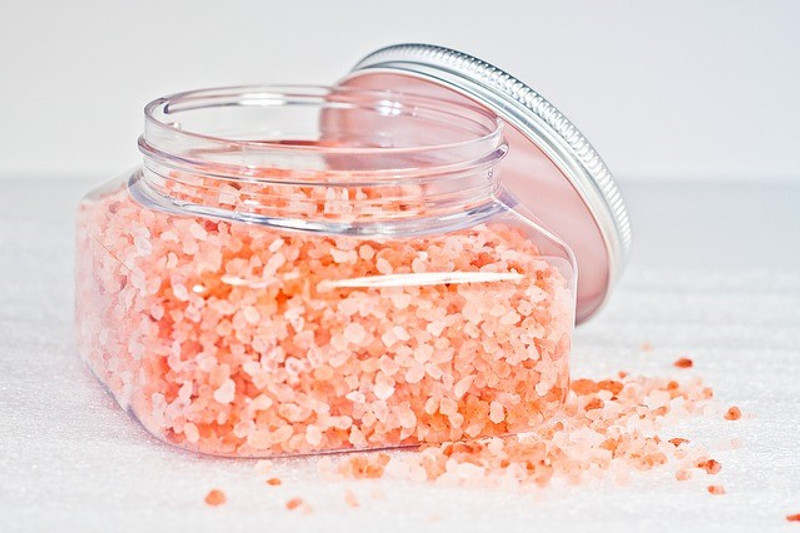Reviewed By: Kacie La
Tired of giving the same gifts and want to try something unique yet handy? Why not give bath salts? This easy-to-prepare craft offers a wealth of benefits to its recipient. If you are giving to someone who’s in search of new bath experience, this gift can be awesome. Soaking in a fine blend of warm water and bath salts can help moisturise, hydrate, and cleanse their skin.
N-Essentials recommend not to just buy off-the-shelf bath salt products from a store, but rather prepare it yourself to make it more special and add a personal hand crafted touch. In addition, you can control what goes into the bath salt mixture to ensure that there are no unwanted ingredients. There are various ways to enhance the effect of bath salts. The last thing you want is to give bath salts that make water feel starchy or greasy because you put too much baking soda or moisturising oils.
Then again, it pays to know other types of salts that you can use to make your gift. Salts, after all, come in over 40 different types, each of which can be enhanced by adding other ingredients. Here are some of the popular options you can explore.
Table Salt
Any type of salt is suitable for making bath salt. Even the salt you use for cooking is a viable option. While it’s not the most appealing option, table salt is still popular among bath salt aficionados who prefer accessible and cheap alternatives to the more expensive yet more alluring Himalayan salt. It is even available in a range of grain sizes, so you have more flexibility when decorating your bath salt.
Exotic Salt
This is the general term for salts that are unique to certain parts of the world, including the Himalayas and the Dead Sea. Because of their rarity, they are more expensive than other salt types, hence they are also called luxury salts. There’s no doubt that exotic salts like Himalayan Salt make the perfect ingredient to the bath salts you’ll be giving as a present to someone special. Not only are they rare, but they are also very effective in cleansing the skin and purging impurities that expedite the emergence of signs of ageing.
Epsom Salt
A naturally-occurring compound made of magnesium and sulphate, Epsom salt is not a real salt but regarded as one anyway since it is commonly used for making bath salts. Unlike other types of salt, Epsom salts dissolve completely in water, allowing skin to effortlessly absorb magnesium and sulphate. This boosts the effect of the Epsom salts on the skin.
Iodised Salt
If you pulverise table salt until it turns into powder and mix it with iodine, you produce iodised salt. Unfortunately, this isn’t the safest type of salt to use for a bath as iodine can lead to skin irritation. Iodised salt is very refined, it can easily dissolve in water and become absorbed by the skin along with iodine.
Sourcing the Best Bath Salts
Knowing where to source your salts is key to creating a craft that’s worth keeping. N-Essentials have everything you need from high-quality salts to essential oils for scent, and can even provide e-books containing tutorials for mixing salts. Keep in mind that you are making something special because the recipient is special to you, so it’s just right to put extra effort into making it.












